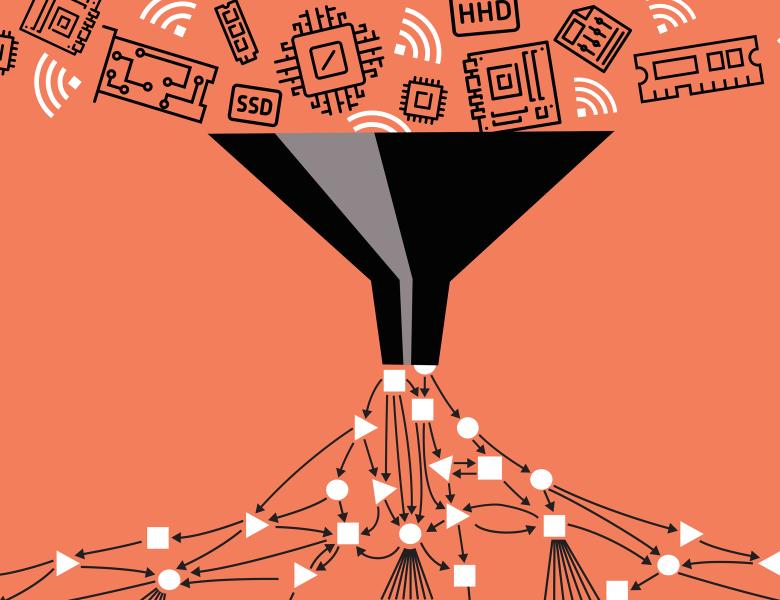
Abstract
Intelligent systems must be able to handle the complexity and uncertainty of the real world. Markov logic enables this by unifying first-order logic and probabilistic graphical models into a single representation. Many deep architectures are instances of Markov logic. An extensive suite of learning and inference algorithms for Markov logic has been developed, along with open source implementations like Alchemy. Markov logic has been applied to natural language understanding, information extraction and integration, robotics, social network analysis, computational biology, and many other areas.


